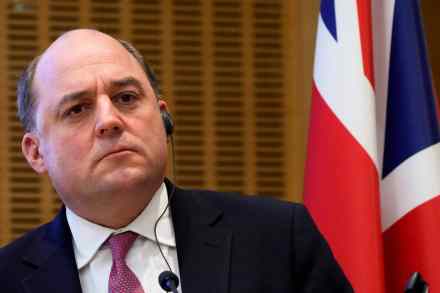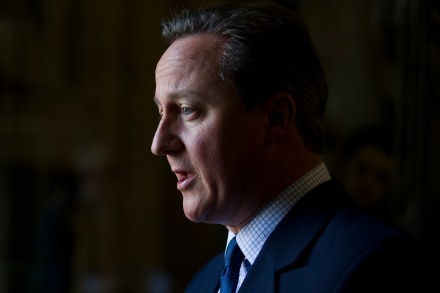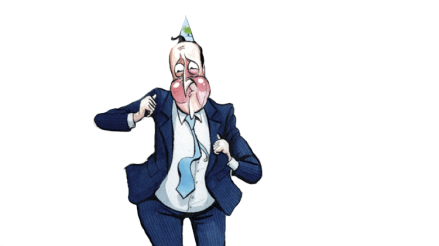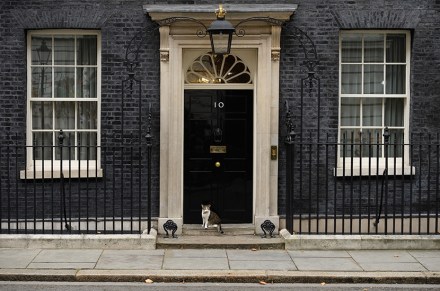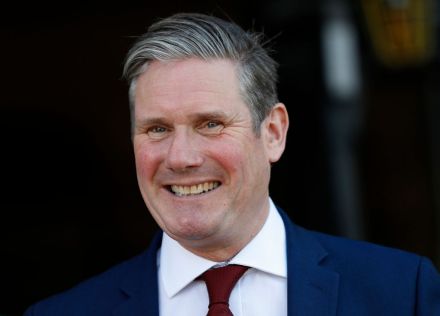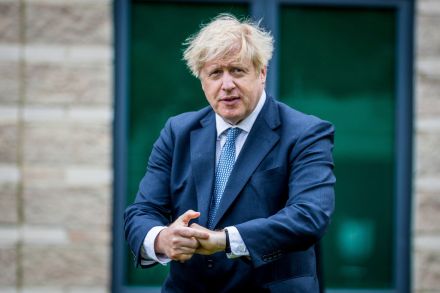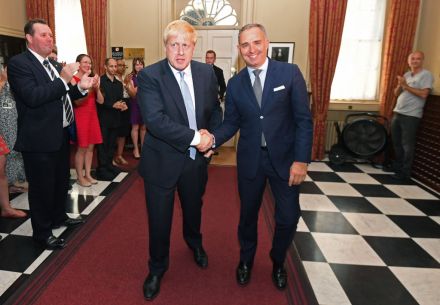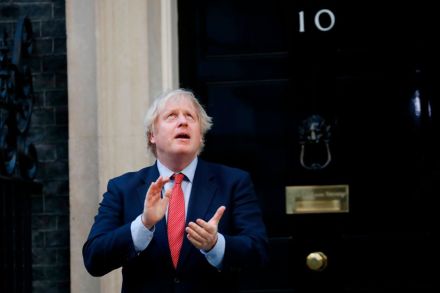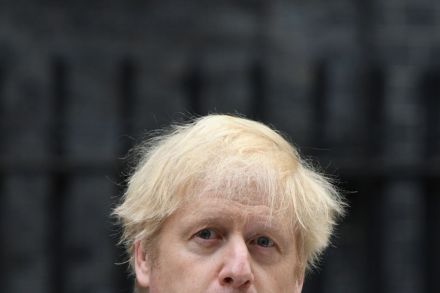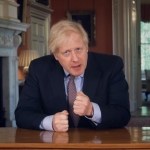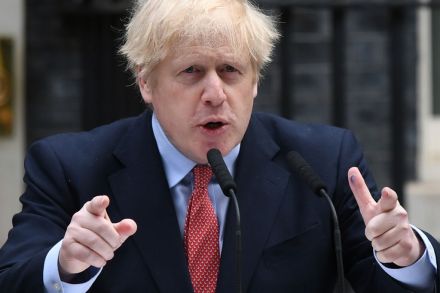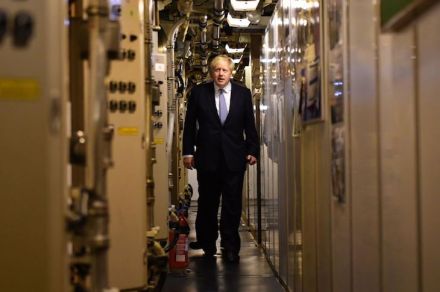My revealing phone call from Ben Wallace
My phone buzzed and rang while I was doing the horses until I thought, fine, I’ll call the Defence Secretary back. I sat down on a picnic chair by the muck heap and dialled. He was extremely courteous. He just wanted to point out that he really didn’t want to be Prime Minister. The profile I had written of him was very good, he said, but the one thing he wanted to put me straight on was, well, the whole premise of the article. He didn’t want the top job, no matter what I had heard. I told him my sources were impeccable. He didn’t need to be so modest.
